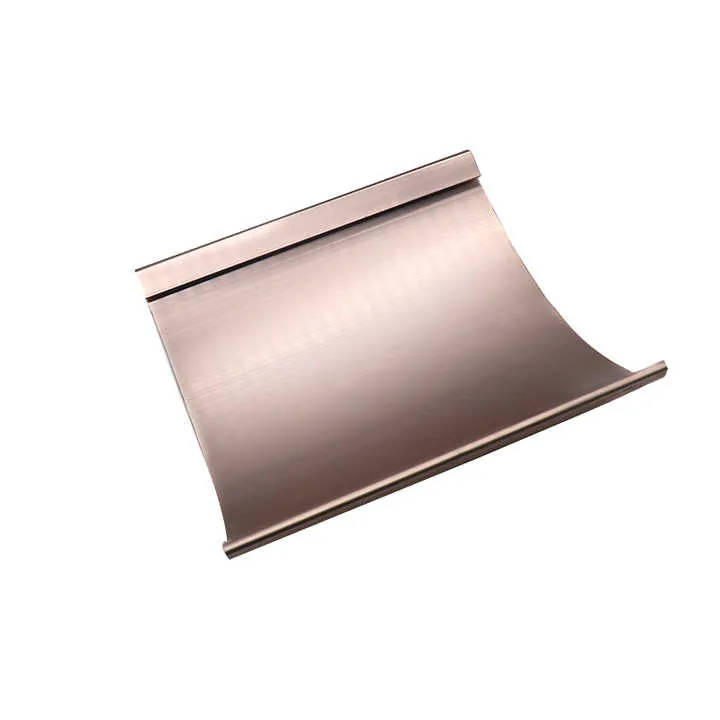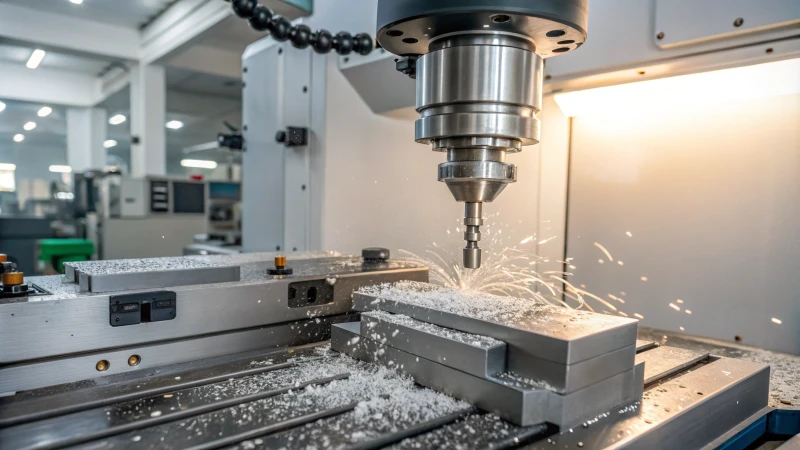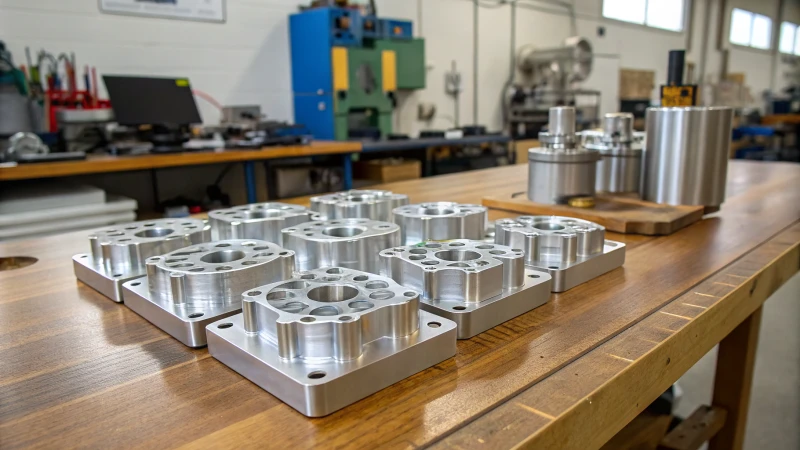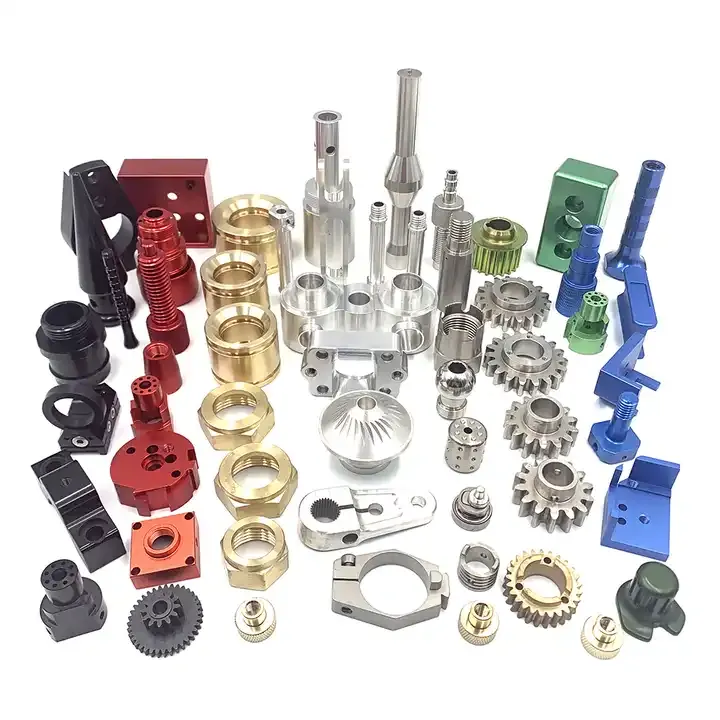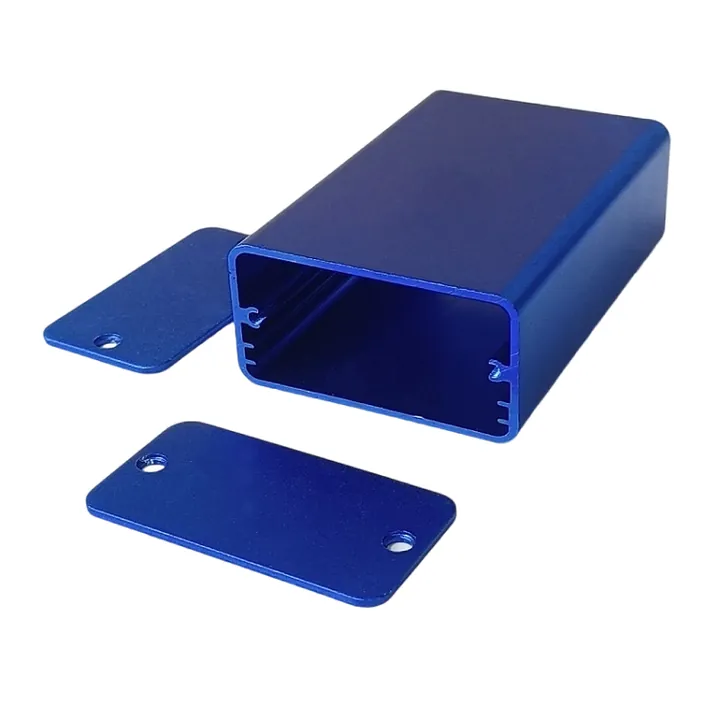Usinage CNC Rwanda : Guide des fabricants et de l'industrie
Partie 1 : Taille et croissance du marché
Rwanda is a small but ambitious East African nation that has made industrialization a central pillar of its Vision 2050. The government’s goal is to transform the country into a knowledge-driven economy with strong manufacturing capabilities. Within that context, CNC machining plays a potentially transformative role, offering precision, efficiency, and the ability to reduce import dependency for mechanical components.
Currently, Rwanda’s CNC machining industry remains in its early stage. The majority of machining activity is still based on manual or semi-automated fabrication. However, the transition to CNC-driven production is accelerating as industrial parks, vocational training programs, and foreign partnerships expand. Sectors like agro-machinery, construction, automotive repair, and consumer product prototyping are slowly driving demand.
Government policy is also a strong catalyst. Through institutions such as the Rwanda Development Board (RDB) et Ministry of Trade and Industry, import tax incentives and industrial park development programs are encouraging local firms to acquire CNC equipment. Over the next decade, the market is expected to grow moderately, supported by increased private investment and regional integration within the East African Community (EAC).
Partie 2 : Entreprises leaders
Rwanda’s machining base is small, yet several notable firms are already investing in precision manufacturing and engineering. Most combine CNC services with other fabrication and design activities, forming the foundation for a growing ecosystem.
REMCO Rwanda
Contact
REMCO Rwanda is one of the most visible engineering and manufacturing firms in the country. It provides CNC machining, metal cutting, fabrication, and casting services under one roof. Its engineering design team also uses CAD/CAM software for model preparation and product optimization.
The company supports multiple sectors including construction, agriculture, energy, and light manufacturing. Its advantage lies in combining digital design with local production, helping domestic businesses replace imports with locally made components. REMCO also participates in vocational training efforts, making it an important node in Rwanda’s industrial development strategy.
Chillington Rwanda Ltd
Contact
Chillington Rwanda is the only cast spare parts manufacturer in Rwanda, operating since 1982. The company specializes in iron and steel casting for utilities, automotive, and industrial sectors. While its primary process is casting, it integrates machining and finishing operations to deliver precision-ready parts.
Its workshop includes conventional lathes and milling machines, and the company has begun exploring CNC finishing for higher tolerance applications. Chillington’s local presence reduces spare part lead times and supports Rwanda’s drive for industrial self-sufficiency.
FABLAB Rwanda
Contact
FABLAB Rwanda is a digital fabrication and maker space dedicated to supporting entrepreneurs, students, and engineers. It operates CNC routers, laser cutters, and 3D printers for prototyping and design validation.
While FABLAB focuses more on educational and creative industries, it plays a crucial role in developing technical literacy in CAD, CAM, and digital design. Its contribution is long-term: by equipping young professionals with fabrication skills, it helps build the next generation of CNC technicians and entrepreneurs.
Directory-Listed CNC Workshops
Contact
Online manufacturing directories, such as cncmachingparts.com, list CNC machining and precision parts services available in Rwanda. These may include small workshops or subcontractors offering low-volume production, turning, and aluminum part fabrication.
Though data about these workshops is limited, their presence demonstrates growing awareness of CNC technology in Rwanda’s industrial circles. They often rely on hybrid setups-mixing manual and CNC equipment-to balance cost and capability.
| Entreprise | Fondée | Services de base | Industries | Certifications / Points forts |
|---|---|---|---|---|
| REMCO Rwanda | ~2018 | CNC machining, metal casting, fabrication | Construction, energy, agriculture | Integrated design and production |
| Chillington Rwanda Ltd | 1982 | Cast parts, finishing machining | Utilities, automotive, industry | Domestic spare part manufacturer |
| FABLAB Rwanda | 2016 | CNC routing, laser cutting, prototyping | Creative design, furniture, startups | Training and innovation ecosystem |
| Directory-listed CNC Workshops | N/A | Custom parts, low-volume machining | Export, small manufacturing | Early-stage market players |
Training and Skill Development
One of the most strategic initiatives supporting CNC in Rwanda is the Machining for Rwanda’s Future program. Run jointly with a German manufacturing firm, the project sends Rwandan apprentices to Germany to train as cutting machine operators. Upon return, they join local workshops or training centers to transfer modern machining expertise to the domestic workforce.
This human capital pipeline is essential. Without skilled operators and maintenance technicians, even the best equipment cannot deliver results. The program is a clear example of Rwanda’s emphasis on sustainable, skills-based industrialization.
Partie 3 : Salons professionnels et événements industriels
Rwanda does not yet host dedicated CNC exhibitions, but several regional and national trade events provide platforms for industrial networking, equipment sourcing, and policy dialogue.
Exposition industrielle et manufacturière de l'Afrique de l'Est
This regional event gathers manufacturers, equipment suppliers, and automation companies from across East Africa. Rwanda frequently participates through the Rwanda Development Board and local industrial firms. Exhibitors showcase machine tools, robotics, CNC systems, and industrial software.
The expo promotes cross-border collaboration and is a key meeting point for firms exploring partnerships, technical upgrades, or supplier networks.
Made in Rwanda Expo
This annual event, organized by the Private Sector Federation (PSF), highlights products and services manufactured in Rwanda. It includes an industrial technology section where local fabrication and machining firms present their capabilities.
The expo fosters national awareness of locally made goods and encourages government agencies and large corporations to source components domestically. It also connects SMEs to investors and technology providers.
| Événement | Fréquence | Localisation | Points forts |
|---|---|---|---|
| Exposition industrielle et manufacturière de l'Afrique de l'Est | Annuel | Rotating across East Africa | Machine tools, CNC, automation, networking |
| Made in Rwanda Expo | Annuel | Kigali | Industrial tech showcase, local innovation |
| Rwanda Industrial Forum | Biennale | Kigali | Policy discussions, manufacturing cluster promotion |
Such events provide vital exposure for Rwandan CNC workshops, allowing them to observe new global trends and strengthen technical partnerships.
Partie 4 : Impact des politiques commerciales mondiales
Rwanda’s CNC machining industry is deeply influenced by its trade and investment environment. The country’s open economic stance, membership in EAC et AfCFTA, and attractive tax incentives for manufacturers create a positive foundation for industrial growth.
Key Policy Impacts:
- Import dependence: Almost all CNC machines, cutting tools, and raw materials are imported. High transport and duty costs make equipment acquisition expensive, often delaying technology adoption.
- Technology transfer: Foreign investment laws allow 100% ownership by international firms, which can speed up the transfer of CNC knowledge. Partnerships with China, Germany, and India have already brought small-scale machinery training programs.
- Regional trade access: Membership in AfCFTA enables duty-free access to a growing African market. Rwanda could supply CNC-processed parts to neighboring countries once production capacity scales.
- Infrastructure and logistics: While Rwanda’s infrastructure is improving, high energy costs and limited industrial tooling distribution networks still constrain growth.
- Competition and opportunity: Kenya, Tanzania, and South Africa dominate regional CNC manufacturing. Rwanda must focus on customized parts, quick turnaround, and value-added prototyping rather than high-volume production.
Local Substitution Strategy
Given import delays and currency risks, Rwandan firms increasingly seek domestic machining solutions for spare parts and equipment repairs. This trend supports investment in small CNC lathes, routers, and milling machines. The next logical step will be local production of tooling, fixtures, and specialized jigs-laying groundwork for industrial autonomy.
Partie 5 : Conclusion
Rwanda’s CNC machining industry is young but full of promise. It currently revolves around a few pioneering firms like REMCO, Chillington, and FABLAB that are building both technical and human infrastructure. The government’s industrial policies, training initiatives, and regional trade access create a solid framework for gradual development.
The main opportunities lie in custom fabrication, local maintenance support, and rapid prototyping services for agriculture, construction, and small manufacturing. With continuous investment in training and technology transfer, Rwanda can position itself as a precision manufacturing hub within East Africa.
Challenges, however, remain serious-high import costs, limited technical capacity, and the need for consistent power and logistics. Yet these obstacles also open the door for foreign investors, equipment distributors, and technology partners to participate in Rwanda’s industrial rise.
In the long term, if Rwanda sustains its education programs and industrial policy momentum, CNC machining could evolve from niche capability to a core pillar of the country’s manufacturing future. The next decade will be decisive in shaping that transformation.
Lectures recommandées:
- Usinage CNC Slovénie : Guide des fabricants et de l'industrie
- CNC Machining République centrafricaine : Guide des fabricants et de l'industrie
- Usinage CNC Trinité-et-Tobago : Guide des fabricants et de l'industrie
- Usinage CNC Îles Salomon : Guide des fabricants et de l'industrie
- Usinage CNC Erythrée : Guide des fabricants et de l'industrie
- Usinage CNC Guinée : Guide des fabricants et de l'industrie
- CNC Machining Liechtenstein : Guide des fabricants et de l'industrie
- Usinage CNC Zambie : Guide des fabricants et de l'industrie
Le rôle de l'usinage CNC dans la fabrication de profilés en aluminium
Cintrage de tubes en aluminium sur mesure
Connecteur de profilé en aluminium
Profilé d'extrusion de tube et de tuyau en aluminium OEM pour la construction

